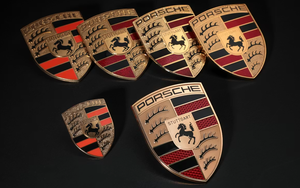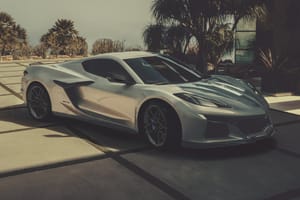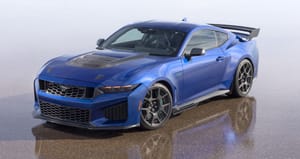A modified 1,200-horsepower Chevy Corvette C8 loses every challenge to the Tesla Model S Plaid in a recent Carwow drag race.
The Tesla Model S Plaid proved once again why it’s considered one of the fastest production cars on the planet, leaving a heavily modified Chevrolet Corvette C8 trailing behind in a series of head-to-head challenges organized by Carwow.
See Corvettes in the Motorious inventory here.
The matchup pitted two very different performance philosophies against each other: a 6.2-liter twin-turbocharged V8 Corvette C8 pushing an alleged 1,200 horsepower and 1,491 Nm of torque, and the all-electric Tesla Model S Plaid with its triple-motor setup generating 1,020 horsepower and 1,420 Nm of torque.
The Corvette, a rear-wheel-drive muscle machine, faced a major disadvantage against the Tesla’s all-wheel-drive system and instant torque delivery. While the modified Corvette’s specifications sound impressive, the numbers didn’t translate to victory on the strip.
In the quarter-mile drag race, the Tesla crossed the line in 9.6 seconds, comfortably ahead of the Corvette’s 11-second run—a massive gap in racing terms. Tesla’s performance wasn’t surprising, as the Model S Plaid has consistently recorded sub-10-second quarter miles in previous tests.
A rolling half-mile race provided some hope for Corvette fans, as the gap narrowed, but the Plaid still finished first. Even in a 70-mph brake test, where weight often works against heavier vehicles, the Tesla stopped in a shorter distance, securing a clean sweep of victories.
Viewers expressed skepticism about the Corvette’s claimed 1,200-horsepower figure, suggesting the tuning setup may not have been optimized for the runs. Regardless, the Plaid’s results further reinforce its reputation as one of the quickest street-legal cars available—and at a price significantly lower than most supercars.
For muscle car fans, this result may sting, but for EV enthusiasts, it’s another win proving that electric power is rewriting performance benchmarks.





